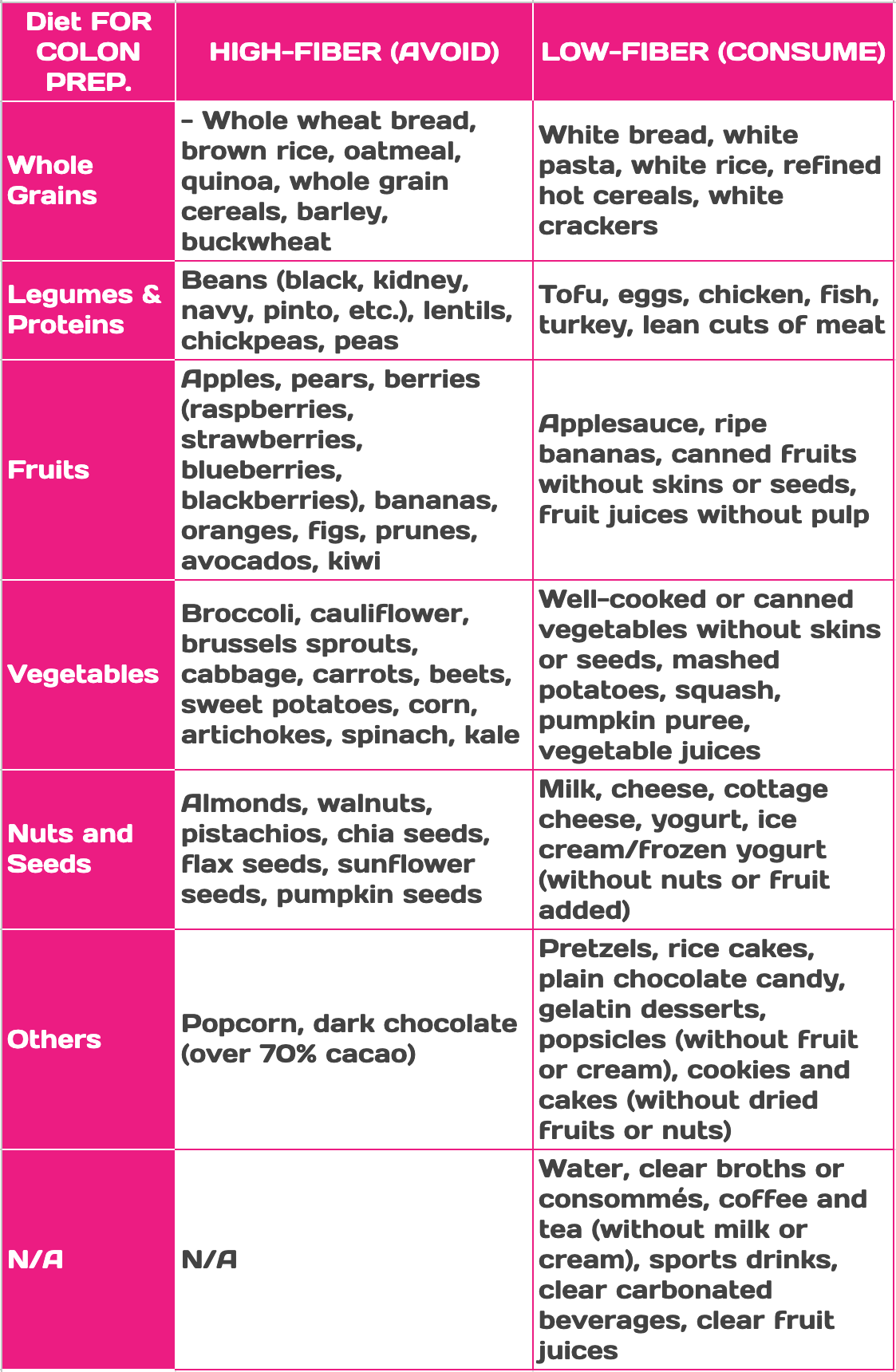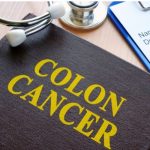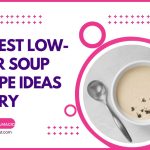High Fiber Foods to Avoid Before Colonoscopy (Comprehensive List + Alternatives)
Our content is not intended nor recommended as a substitute for medical advice by your doctor. Use for informational purposes only.
Typically, high-fiber foods should be avoided for approximately 3-7 days prior to your colonoscopy. This may vary based on the advice of your healthcare provider, so it’s essential to follow their specific instructions.
Why you should avoid high-fiber foods before a colonoscopy:
High-fiber foods are discouraged before a colonoscopy for several reasons (reference):
1. Slowed Digestion: Fiber slows down digestion. This slow transit can mean that food remains in the colon longer, which can interfere with the colonoscopy procedure.
2. Residue: Fiber creates a residue (undigested food) in the colon, which can obscure the doctor’s view of the colon and rectum during a colonoscopy.
3. Cleaning Efficiency: A high-fiber diet can make bowel prep (the cleansing process) less effective. For the doctor to see your colon clearly and examine it thoroughly, your colon has to be entirely clean.
Avoiding high-fiber foods in the days leading up to your colonoscopy helps to ensure your bowel prep is as effective as possible, and your doctor can clearly examine your colon. It’s a crucial step in the preparation for this procedure. However, after the colonoscopy, assuming there are no complications or additional medical advice from your doctor, you should be able to resume eating high-fiber foods. Fiber is an essential part of a healthy diet and supports good digestive health.

List of High-fiber foods to avoid before colonoscopy.
1. Whole Grains:
- Whole wheat bread: Contains dietary fiber that might not be fully digested, causing residue in the colon.
- Brown rice: It’s high in fiber and can leave undigested particles.
- Oatmeal: Contains soluble fiber, which can form a gel-like substance in your gut.
- Quinoa: This grain has one of the highest fiber contents and could cause digestive issues.
- Whole grain cereals: They may contain high fiber and hard-to-digest particles.
- Barley: It’s high in fiber and hard to digest completely.
- Buckwheat: Though it’s gluten-free, it’s high in fiber and hard to digest.
2. Legumes:
- Beans (black, kidney, navy, pinto, etc.): Beans are rich in fiber and protein, which can stay in the digestive tract.
- Lentils: High in fiber and protein, they can leave residues in the intestines.
- Chickpeas: Besides being high in fiber, chickpeas can also cause gas.
- Peas: They are not only high in fiber but also small and can easily remain in the colon.
3. Fruits:
- Apples: They have a high fiber content, especially in their skin.
- Pears: Just like apples, the skin of pears is very fibrous.
- Berries (raspberries, strawberries, blueberries, blackberries): Berries are full of tiny seeds, which can be left in the colon.
- Bananas: They are high in fiber, particularly if they’re not fully ripe.
- Oranges: The pulp and skin can be problematic due to the high fiber content.
- Figs: They are high in fiber and contain small seeds.
- Prunes: Known for their high fiber content and natural laxative effect.
- Avocados: They are high in healthy fats and fiber.
- Kiwi: Besides the fiber, kiwi also has small seeds that could interfere with the colonoscopy.
4. Vegetables:
- Broccoli: This vegetable has a high fiber content that might leave residue in the colon.
- Cauliflower: Just like broccoli, it’s high in fiber.
- Brussels sprouts: They are not only high in fiber but can also cause gas.
- Cabbage: This leafy green can cause bloating and gas.
- Carrots: Although they’re often recommended for a healthy diet, carrots’ fiber content can interfere with a colonoscopy prep.
- Beets: They can stain the colon and may be mistaken for blood.
- Sweet potatoes: They are high in fiber and might not be fully digested.
- Corn: Its kernel shell is indigestible and can remain in the colon.
- Artichokes: High in fiber, and their leaves may not be fully digested.
- Spinach: Leafy greens, in general, are high in fiber.
- Kale: It’s one of the highest fiber-containing leafy greens.
5. Nuts and Seeds:
- Almonds: They are high in fiber and have skins that can be hard to digest.
- Walnuts: Like other nuts, walnuts are high in fiber.
- Pistachios: They are high in fiber and also have a hard exterior shell.
- Chia seeds: They absorb water and form a gel, which can be hard to cleanse from the colon.
- Flax seeds: Similar to chia seeds, they can form a gel and also have a hard shell that might not be fully digested.
- Sunflower seeds: The shells can be problematic if not removed before eating.
- Pumpkin seeds: These seeds, while healthy, are high in fiber.
6. Other:
- Popcorn: The kernels can be hard to digest fully and can remain in the colon.
- Dark chocolate (over 70% cacao): Dark chocolate can be high in fiber.
Again, always consult your healthcare provider for specific instructions before a colonoscopy. They will give you a diet to follow to ensure your colon is clean for the procedure.
Low-fiber food alternatives to consume during the colonoscopy prep:
Eating a low-fiber diet before a colonoscopy aids in clearing the colon more effectively, providing a better view during the procedure, minimizing residual waste, and improving the efficacy of the bowel prep (reference).
Here is a list of low-fiber foods and beverages to consume
Grains:
- White bread, rolls, and biscuits
- White pasta
- White rice
- Cream of wheat or other refined hot cereals
- Cold cereals like Corn Flakes, Rice Krispies, and Special K
- Saltines and other white crackers
Fruits:
- Applesauce
- Ripe bananas
- Canned fruits without skins or seeds (like peaches, pears, etc.)
- Fruit juices without pulp
Vegetables:
- Well-cooked or canned vegetables without skins or seeds
- Mashed potatoes without skins
- Butternut or acorn squash (well-cooked)
- Pumpkin puree
- Vegetable juices
Protein Sources:
- Tofu
- Eggs
- Chicken, fish, or turkey (grilled, baked, or broiled)
- Lean cuts of meat
Dairy:
- Milk and milk products (like cheese, cottage cheese, yogurt)
- Ice cream or frozen yogurt without nuts or fruit added
Snacks and Desserts:
- Pretzels
- Rice cakes
- Plain chocolate candy
- Gelatin desserts
- Popsicles without fruit or cream
- Cookies and cakes made with refined white flour (without dried fruits or nuts)
Beverages:
- Water
- Clear broths or consommés
- Coffee and tea (without milk or cream)
- Sports drinks like Gatorade or Powerade
- Clear carbonated beverages
- Clear fruit juices, such as apple and white grape
FAQs about High-Fiber Foods & Colonoscopy Preparation
What happens if you don’t eat a low-fiber diet before a colonoscopy?
Adhering to a low-fiber diet prior to a colonoscopy is a critical part of the preparation process. If you continue to consume high-fiber foods leading up to your procedure, it can obstruct the view during the colonoscopy, making it more difficult for the doctor to clearly observe the colon. High-fiber foods tend to remain in the colon longer and can hinder the effectiveness of the bowel prep solution you’ll be asked to take before the procedure. Inadequate preparation might lead to the need for a repeat procedure.
What vegetables to eat two days before the colonoscopy?
Regarding the days leading up to your colonoscopy, you’ll want to stick to low-fiber vegetables that are easy to digest and won’t leave a residue in your colon. Such vegetables include:
- Well-cooked or canned vegetables without skins or seeds
- Potatoes without skin
- Strained vegetable juice
It’s important to avoid raw or steamed vegetables, as well as those with skins or seeds. High-fiber vegetables such as broccoli, corn, peas, and legumes should be avoided.
What fruits to eat two days before the colonoscopy?
Similar to vegetables, when it comes to fruits in the days leading up to your colonoscopy, you’ll want to consume options low in fiber. My favorite fruits include:
- Ripe bananas
- Melons
- Canned fruits without skins or seeds
- Strained fruit juice
Avoid fruits with seeds or skin, like apples, raspberries, or pears, and also avoid dried fruits. As with all pre-colonoscopy diet guidelines, it’s best to consult your healthcare provider for tailored advice.
- Evidence-based
- Written by a doctor.

Related Posts:
- 7 Foods to Avoid With High Cholesterol (Doctor Explains)
- 16+ Tasty High-Fiber Snack Ideas For Constipation
- 17 Easy High-Fiber Dinner Ideas For Constipation
- 17+ High-Fiber Lunch Ideas For IBS-Constipation
- 6 Worst Foods To Avoid With Hypertension (Doctor Explains)
- Worst Foods To Avoid If Prediabetic (Doctor Explains)





